Generational differences are nothing new, but Gen Z has a unique way of rethinking traditions and habits that older generations have held onto for decades.
While the baby boomers swear by these routines, many Gen Zers view them as unnecessary or outdated. Here are the everyday habits Gen Z finds pointless.
Balancing a Checkbook

The art of balancing a checkbook is still a crucial monthly task to keep track of finances for many older folk. Gen Z, however, sees no point in doing this when banking apps can track spending and calculate balances in real time. With instant access to financial data on their phones, this habit feels outdated and redundant.
Using Paper Maps

Gen Z can’t imagine life without GPS apps like Google Maps or Waze, but paper maps used to be a travel essential. The idea of unfolding a large, complicated map just to find directions seems inefficient to young people. Older generations argue that maps teach valuable navigation skills, but they prefer the simplicity and accuracy of navigation on their smartphones.
Writing Checks

Checks used to be the standard way to pay bills or make purchases, but Gen Z finds them completely unnecessary. With the rise of online payment platforms like Venmo, PayPal, and Zelle, the process of writing, mailing, and waiting for a check to clear feels tedious. Gen Z would much rather tap a screen and complete a transaction instantly.
Buying Physical Newspapers

It was once a daily ritual to buy and read the morning paper, but Gen Z gets the news online for free. They value the convenience of scrolling through headlines on their phones or getting updates through social media.
While older people argue that newspapers offer more in-depth reporting, Gen Z feels digital content delivers all the information they need.
Keeping a Phone Book
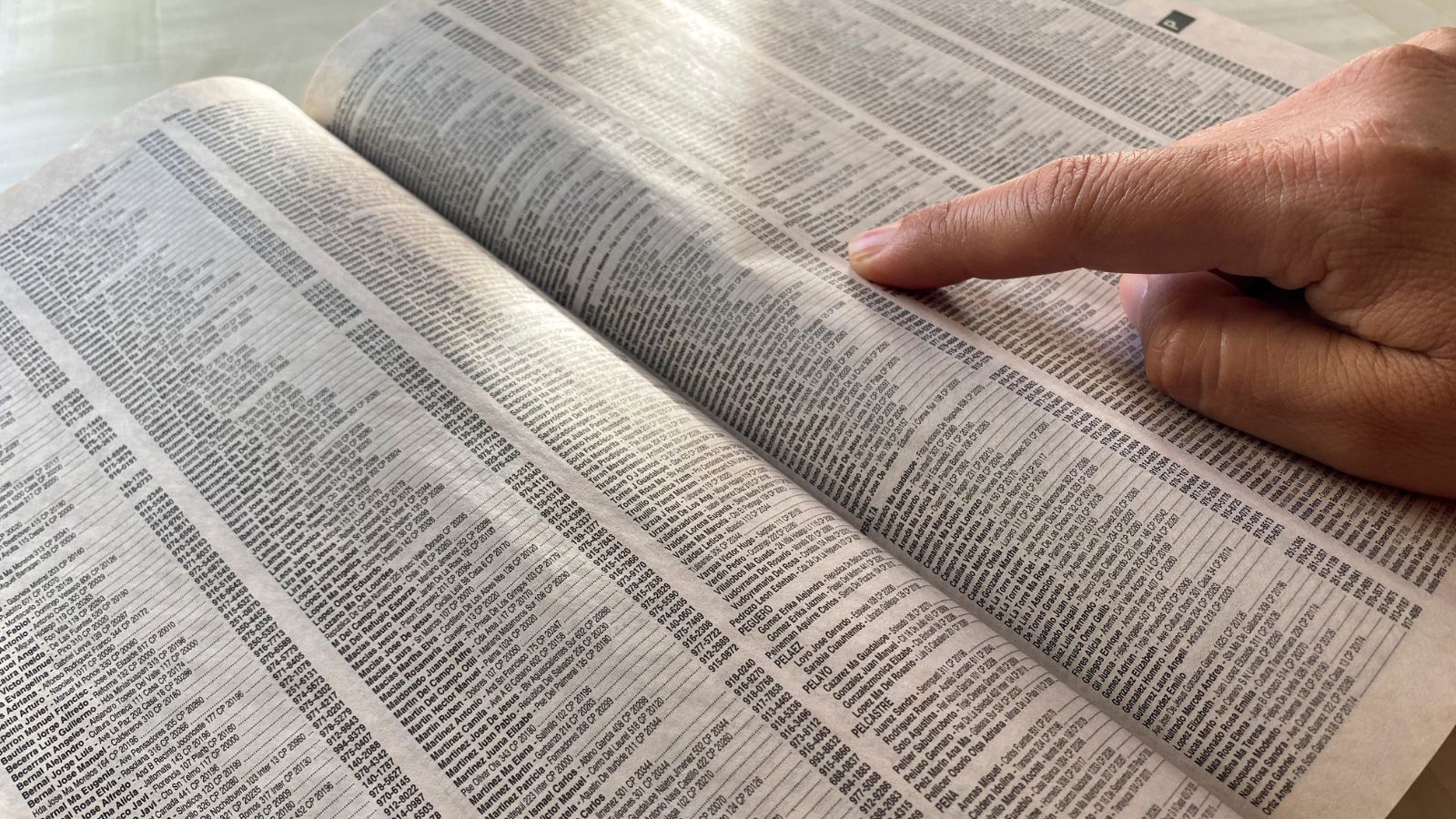
The phone book used to be an essential household staple, enabling folk to look up phone numbers and addresses. Younger generations can’t understand the need for these bulky books when search engines and digital contact lists make finding information so easy.
The older generation might keep one around “just in case,” but Gen Z sees them as wasteful clutter in a world that thrives on minimalism and efficiency.
Printing Photos

For many older people, printing photos and placing them in albums is a cherished tradition. Gen Z, however, prefers to keep their photos stored digitally on their phones or in the cloud. The idea of paying for prints or spending time organizing photo albums seems unnecessary when everything can be accessed instantly online.
Using Landline Phones
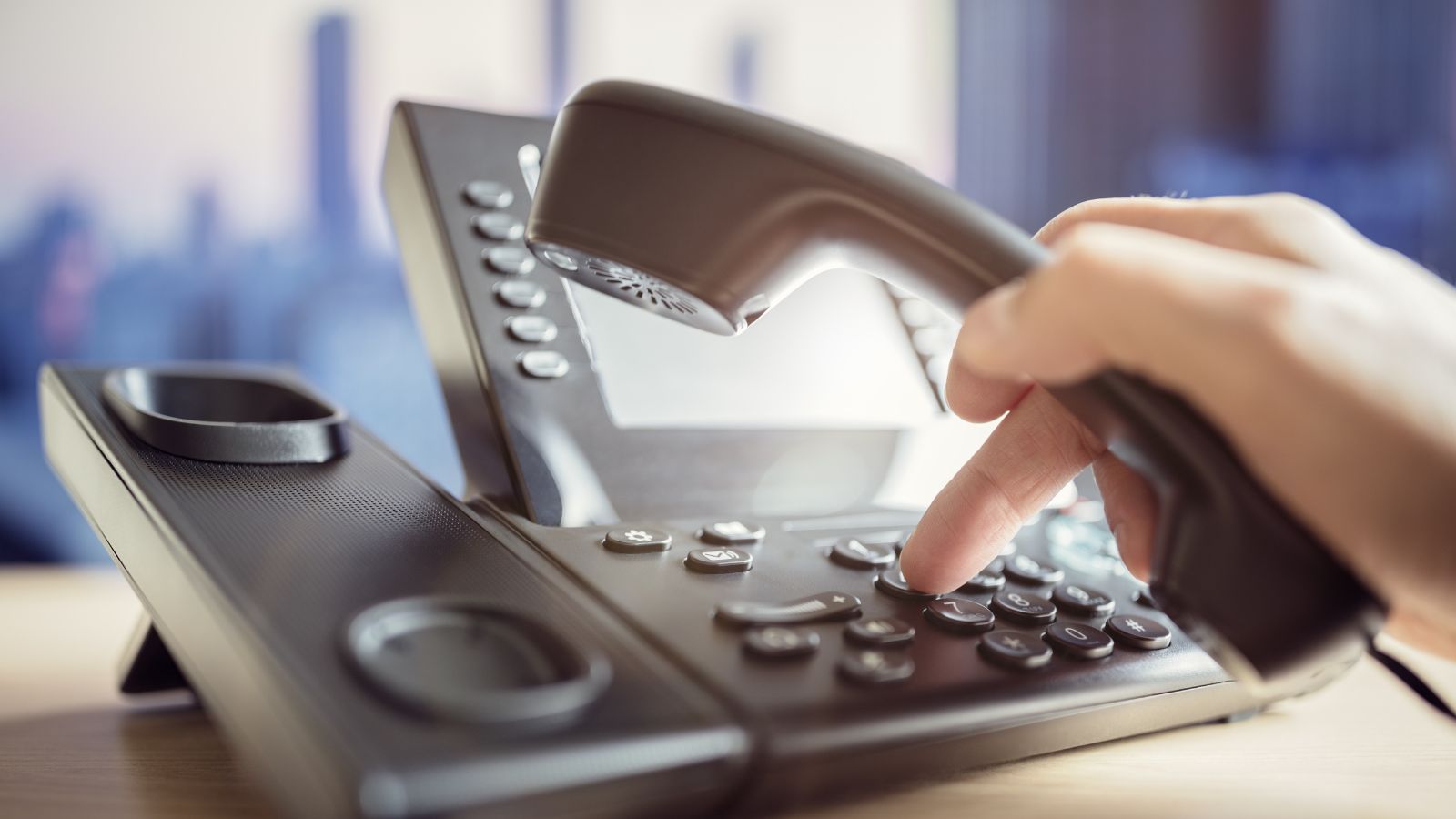
Landlines were once the only means of home communication, but Gen Z doesn’t see the point of having one when cell phones are far more practical. They view landlines as outdated technology that’s tethered to a single location. For them, cutting the cord is just another step toward a more streamlined lifestyle, but boomers argue that they are more reliable in emergencies.
Ironing Clothes
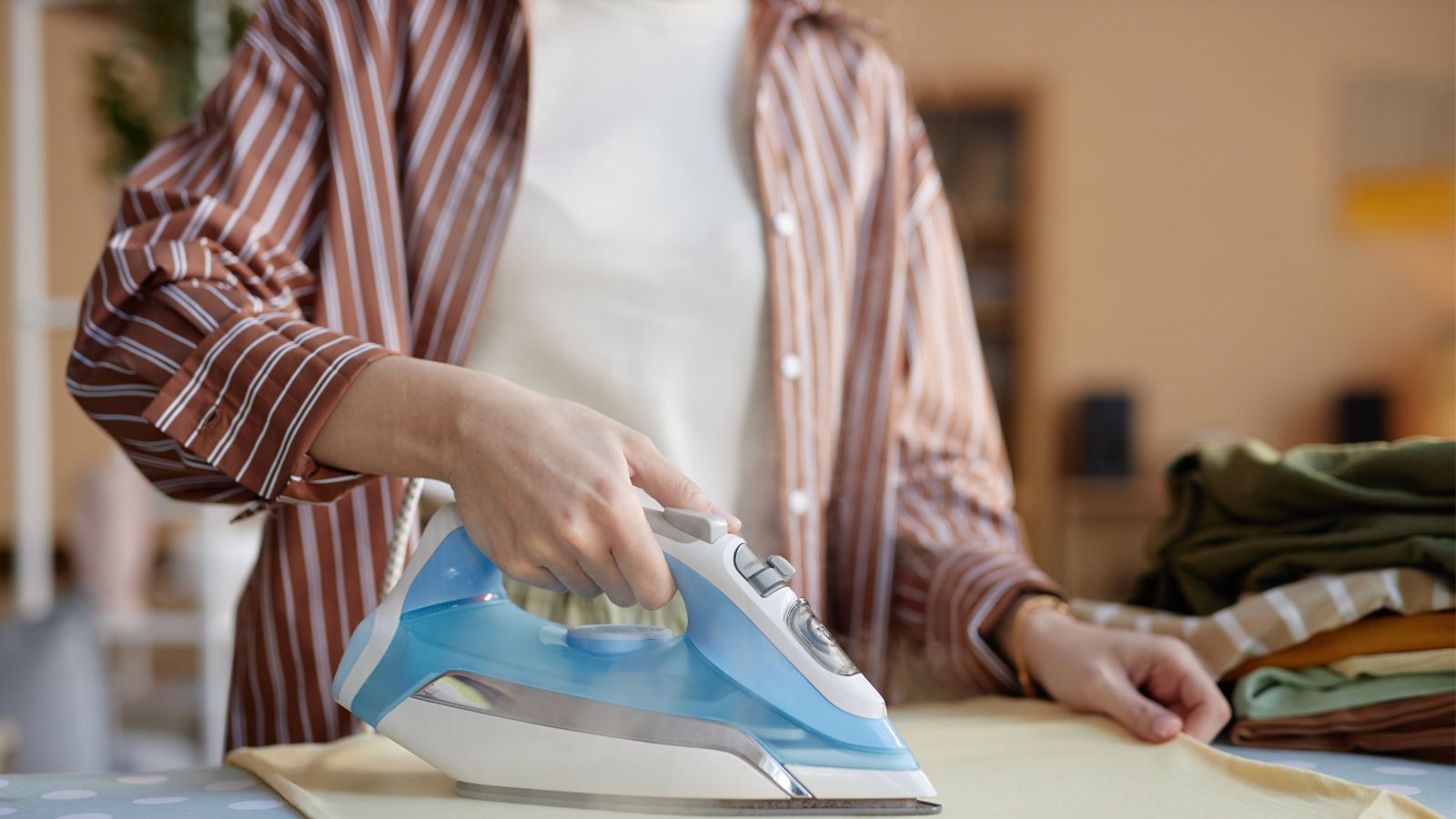
With wrinkle-release sprays, wrinkle-resistant fabrics, and even the old trick of hanging clothes in a steamy bathroom, Gen Z says they have plenty of alternatives to the tedious chore of ironing.
Older generations might see ironing as a mark of care and discipline, but Gen Z believes in working smarter, not harder, to achieve the same results.
Memorizing Phone Numbers
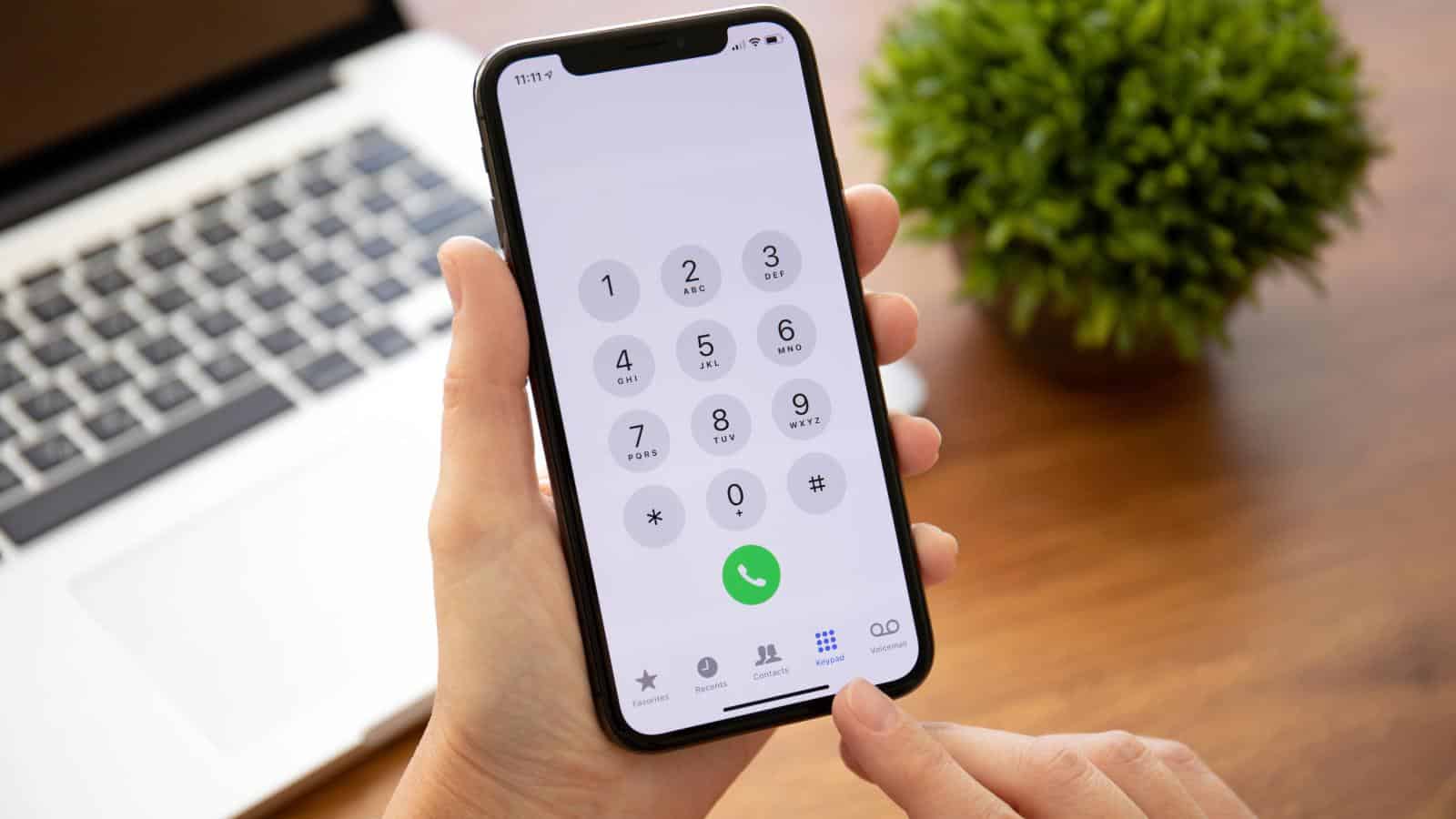
Baby boomers grew up memorizing the phone numbers of family and friends, arguing that it’s helpful in case of emergencies. But Gen Z relies entirely on their phones for storing contacts. They see no point in committing numbers to memory when they’re always just a tap away.
As long as they have their phones or access to the cloud, memorizing numbers is unnecessary.
Sending Letters by Mail
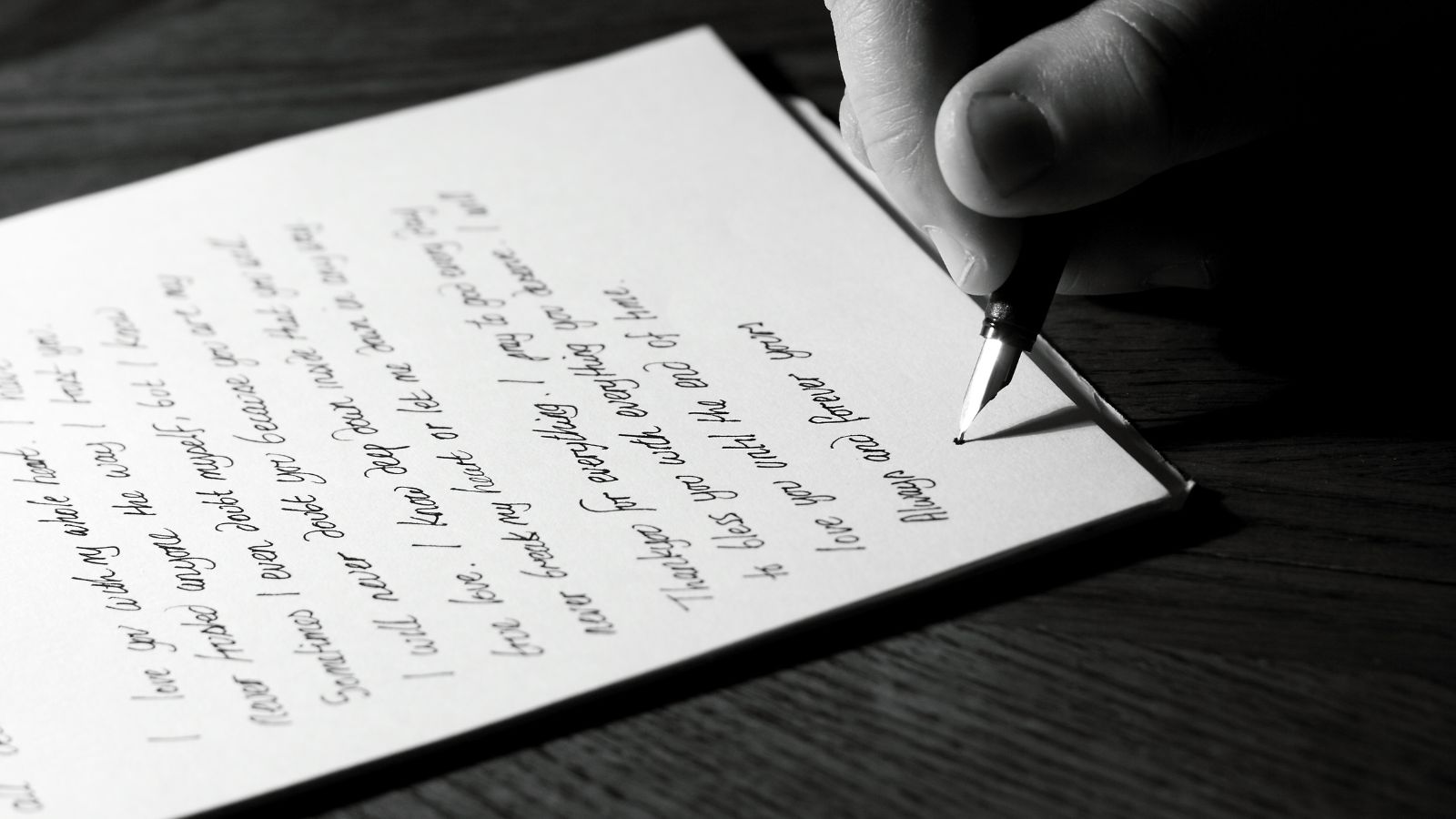
The habit of writing letters and mailing them was once the standard way to keep in touch, but Gen Z has embraced texting, email, and social media for instant communication. Older people may cherish the personal touch of a handwritten letter, but for Gen Z, the time it takes simply doesn’t fit their fast-paced, digital lifestyle.
Collecting Paper Receipts

Older folk swear by keeping paper receipts, but Gen Z sees little reason for it in the digital age. With electronic receipts, online order histories, and banking apps tracking purchases, they find paper receipts redundant.
They are also more conscious of environmental issues, viewing physical receipts as unnecessary waste. They trust technology to do the job just as well.
Wearing a Watch
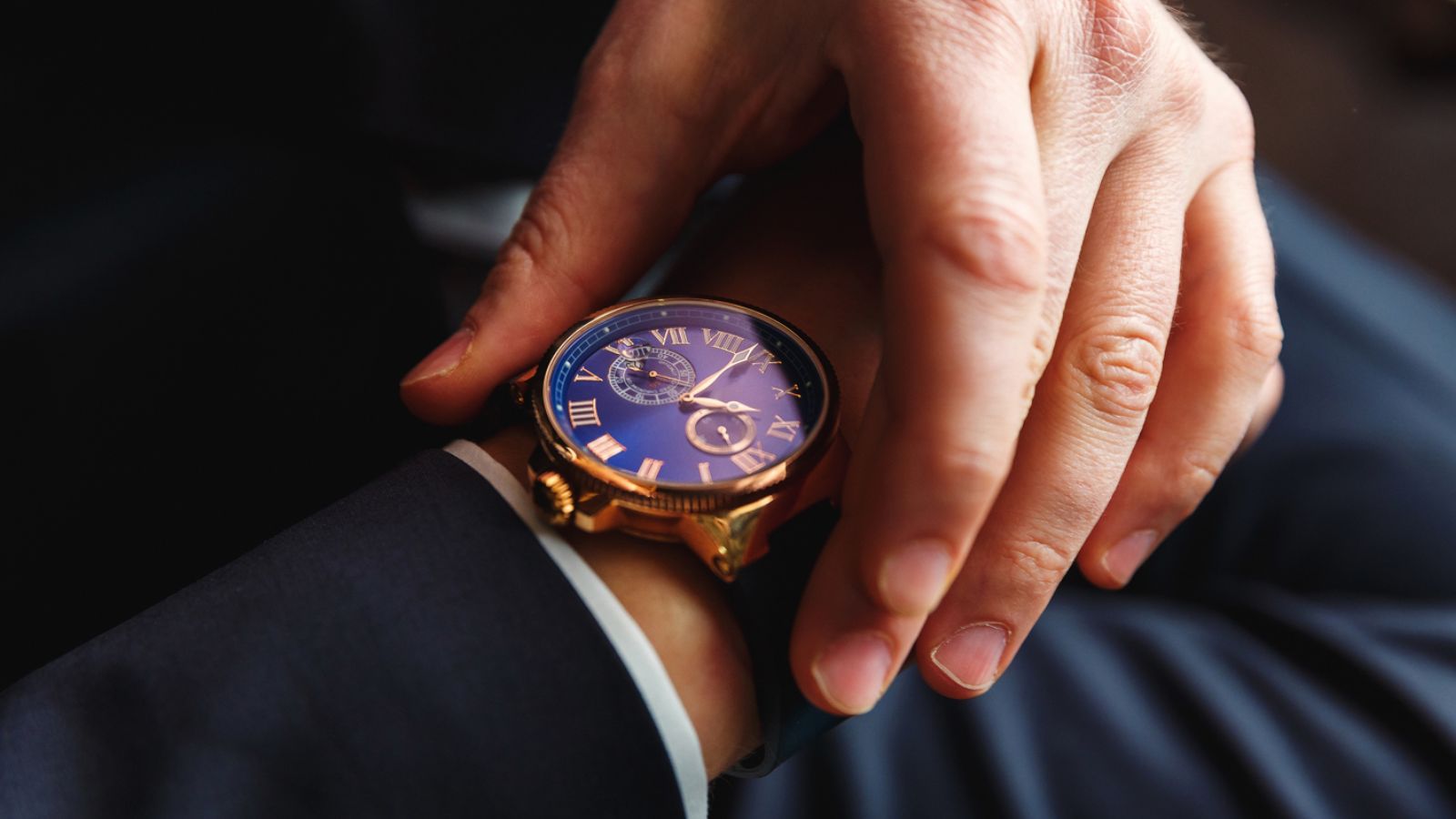
A watch was considered both a practical way to keep time and a fashion statement. Gen Z, however, largely views traditional watches as unnecessary since their phones already display the time. Smartwatches are an exception, as they offer additional features like fitness tracking and notifications.
Using Cash

Cash transactions used to be the norm, but Gen Z prefers the convenience of digital payments and cards. They rarely carry cash, opting for tap-to-pay or mobile wallets instead. Older generations may argue that cash helps with budgeting or emergencies, but Gen Z feels that digital solutions are faster, safer, and more aligned with their tech-driven lifestyles.
Wearing Business Attire Daily

Formal business attire was once essential in many workplaces, but Gen Z prefers a more casual approach, valuing comfort and authenticity over stiff suits and ties. The boomer generation might see dressing up as a sign of respect and professionalism, but Gen Z believes that work performance should matter more than appearances.
Watching Traditional TV

Cable television was a staple for generations, but younger people have largely abandoned it in favor of streaming services. They value the freedom to watch shows on demand without commercials or rigid schedules. The idea of paying for a cable package when Netflix, Hulu, and YouTube offer endless entertainment feels pointless to them.
